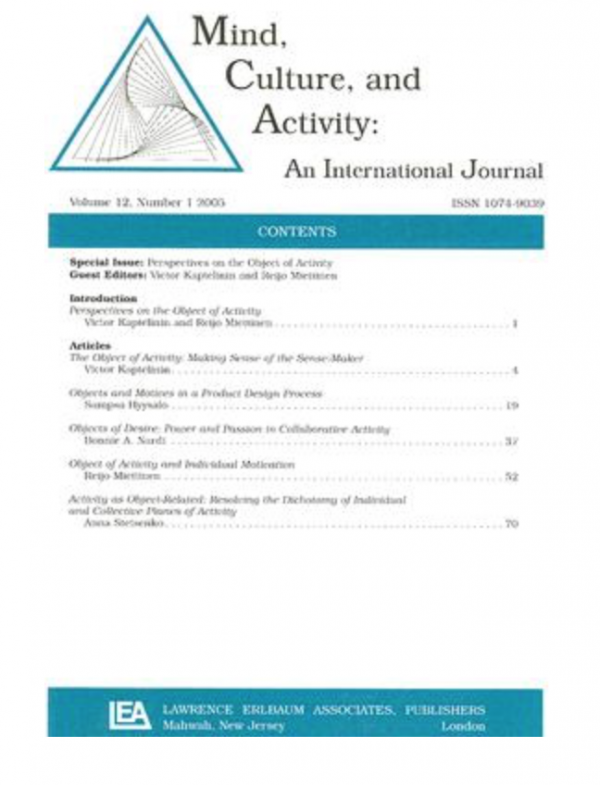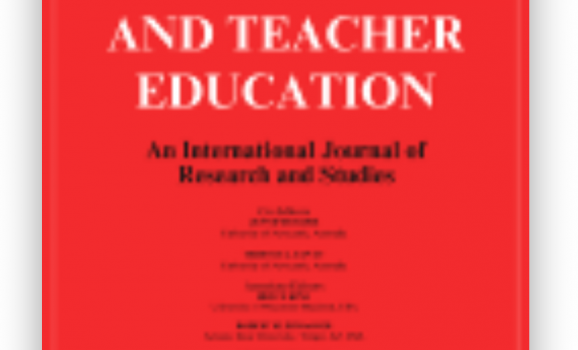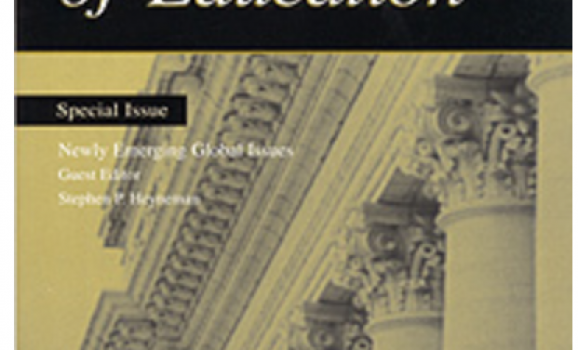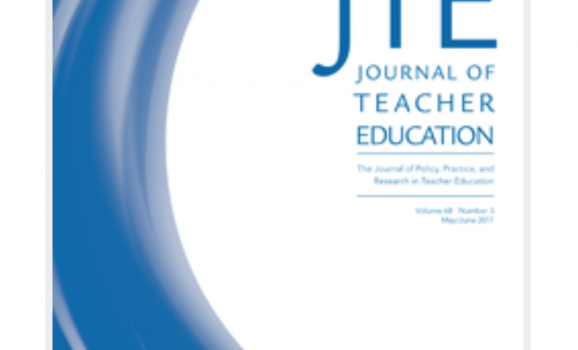Enriching the Theory of Expansive Learning: Lessons from Journeys Toward Coconfiguarion

An intervention study aimed at analyzing and transforming work and learning in three organizations (a bank, a primary health care center, and a hi-tech company) allowed us to investigate forms of coconfiguration work in which there is a focus on the development of products and services that adapt to the changing needs of users. The working hypothesis of our study was that the forms of expansive learning (that is, the processes by which a work organization resolves its internal contradictions in order to construct qualitatively new ways of working) required for coconfiguration work have transformative, horizontal, and subterranean features. Based on our three organization case studies, this article argues tentatively (as a stimulus to further theoretical and empirical research) that our working hypothesis has to be enriched by the notion of experiencing, which serves to bridge the design and implementation of organizational transformation. In terms of the role played by tools and technologies in work and learning, the notion of instrumentality is introduced to further enrich our working hypothesis, emphasizing that expansive learning for cocon-figuration work involves tools and novel mediational concepts in the form of multilayered, integrated toolkits.
Resources also tagged Educational Change

The Educational-Cultural Edge: A Participative Learning E...
2007

Prospects for Change: Preparing Educators for School, Fam...
2007

